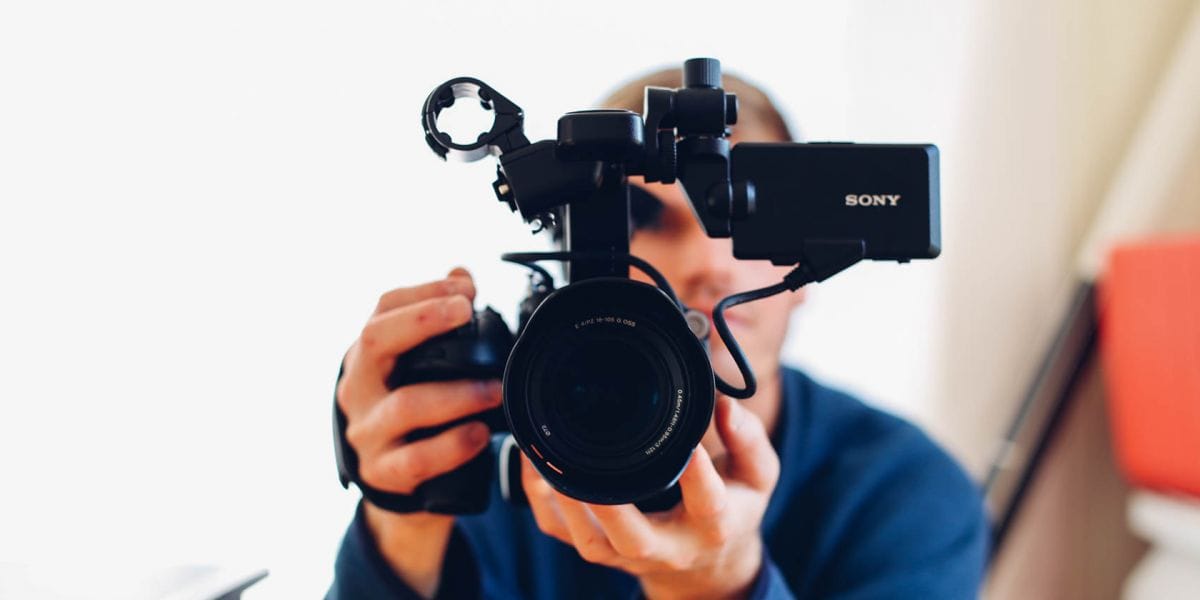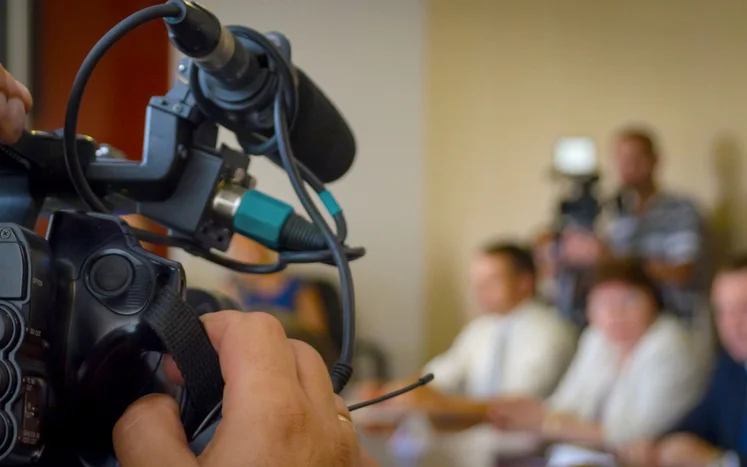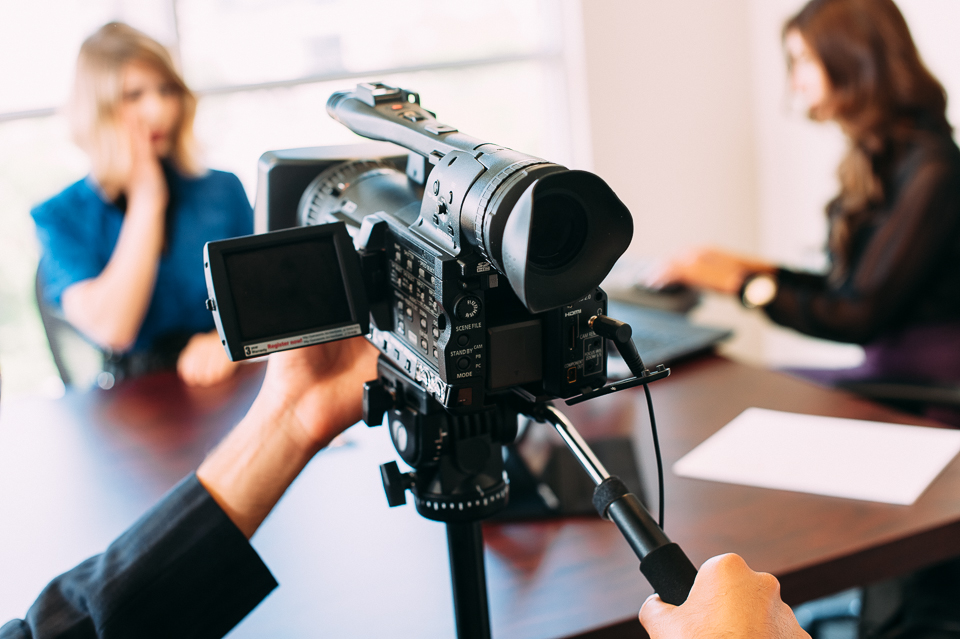Affordable Legal Videography Options for Legal Matters.
Affordable Legal Videography Options for Legal Matters.
Blog Article
The Function of Legal Videography in Depositions and Tests
Legal videography has emerged as a vital tool in both depositions and trials, offering a multifaceted strategy to documenting witness testaments. As legal experts progressively identify its worth, it prompts a much deeper examination of just how these visual records can influence juror perceptions and trial outcomes.
Value of Legal Videography
Lawful videography plays a pivotal role in the documentation and presentation of depositions and trials. This specific field combines technical abilities with lawful understanding to create a trustworthy record of process that can substantially influence instance outcomes. The visual element of legal videography improves the understanding of witness testament, permitting jurors and judges to observe not just the spoken words but also the disposition, feelings, and body movement of the witnesses.

The relevance of lawful videography prolongs past the courtroom; it also plays a vital duty in maintaining proof for future recommendation, whether for appeals or more lawsuit. Therefore, its assimilation into the legal procedure is vital for ensuring a fair and accurate depiction of the facts, ultimately contributing to the pursuit of justice.

Refine of Legal Videography
While capturing the nuances of depositions and trials, the process of legal videography includes numerous essential actions that guarantee premium, precise recordings. A professional lawful videographer prepares by examining the instance materials and recognizing the certain needs of the deposition or trial. This preparation includes acquainting themselves with the individuals and the context, which helps in recording essential details.
On the day of the recording, the videographer establishes the essential tools, which typically includes high-def cameras, microphones, and appropriate lights. Ensuring optimal angles and sound quality is important, as it straight impacts the efficiency of the recording. The videographer communicates with lawyers and individuals to establish procedures, making certain that every person recognizes the recording process.
Throughout the deposition or test, the videographer diligently tapes the procedures, paying attention to both verbal and non-verbal signs. legal videography. This consists of catching the disposition and reactions of witnesses and lawyers. After the session wraps up, the videographer may modify the video footage for clarity and conformity with legal standards, generating a last product that properly shows the proceedings for future referral and use in lawful contexts
Advantages in Depositions
The incorporation of videography in depositions supplies many advantages that boost the overall procedure of gathering proof. One main advantage is the capability to capture witness statements with visual and acoustic fidelity, supplying a more exact representation of the witness's temperament, tone, and body language. This multidimensional approach enables attorneys and courts to assess integrity much more properly than conventional written records alone.
Additionally, videographed depositions offer as an effective tool for maintaining testimony. Must a witness come to be not available for test, their recorded deposition can be played in court, making sure that their proof remains easily accessible and pertinent. This aspect substantially reduces the risk of shedding critical information that might influence instance outcomes.
Moreover, making use of legal videography promotes much better prep work for lawyers. Reviewing video footage enables lawful groups to analyze and fine-tune their methods, recognizing toughness and weak points in their cases. This preparatory advantage can result in more compelling presentations in court.
Finally, videography improves the general professionalism of the deposition process, instilling confidence in clients regarding the thoroughness of their legal representation. By leveraging technology, attorneys can considerably improve the effectiveness of depositions.
Effect On Trials
In many trials, the assimilation of videography can dramatically affect the discussion of proof and the jury's understanding. Legal videography captures witness testimonies and critical proof in a vibrant style, enabling jurors to engage with the product on numerous degrees. This visual component boosts the narration element of a trial, providing context and psychological vibration that conventional text-based evidence might do not have.
Furthermore, video recordings can offer as powerful tools for impeachment throughout interrogation. When discrepancies occur in between a witness's previous statements and their court room testament, video proof supplies an objective referral that can persuade jurors' opinions. This immediacy and quality can boost the trustworthiness of a party's story while all at once weakening opposing arguments.
In addition, making use of videography can aid improve complex info, making it much more obtainable to jurors who might have a hard time to realize complex information provided solely with verbal statement. By incorporating visuals right here with auditory information, legal videography can boost retention and understanding, ultimately affecting the jury's decision-making procedure. The effect of videography in tests extends beyond plain aesthetics; it plays a vital duty in shaping the this post lawful landscape and end results.
Future Trends in Legal Videography
As we look toward the future of legal videography, a number of arising trends guarantee to improve its function within the court. One substantial trend is the combination of expert system (AI) in video analysis and editing - legal videography. AI can streamline the process of determining key moments in taped depositions, permitting lawyers to quickly access relevant material, consequently boosting performance in instance prep work
In addition, the rise of virtual reality (VR) and augmented reality (AR) innovations is expected to transform how jurors experience evidence. By immersing jurors in a simulated environment, these technologies can provide a more profound understanding of intricate circumstances, bring about even more enlightened considerations.

Furthermore, the enhancing demand for remote depositions, accelerated by the COVID-19 pandemic, will likely proceed. Lawful videographers will need to adjust to brand-new software application and platforms to ensure top quality recordings in virtual setups.
Finally, the growing emphasis on information safety will necessitate more stringent procedures for storing and sharing video clip proof. As the legal landscape evolves, lawful videographers should stay abreast of these fads to preserve their relevance and performance in the judicial process.

Conclusion
In recap, lawful videography offers a critical function in the judicial procedure, boosting the integrity of depositions and tests. As innovation proceeds to progress, legal videography content is positioned to more transform its function within the lawful landscape.
Report this page